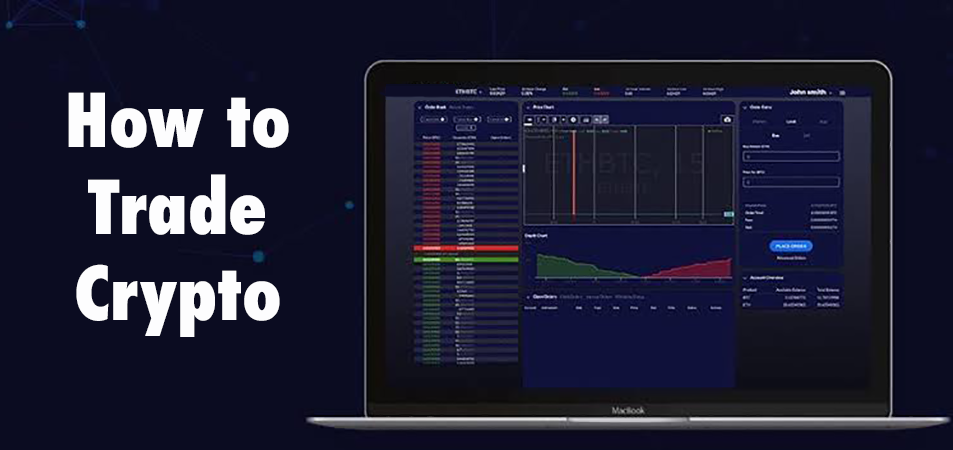Cryptocurrency trading is the act of hypothesizing on cryptocurrency rate motions by means of a CFD trading account, or purchasing and selling the underlying coins through an exchange. CFDs trading are derivatives, which enable you to speculate on cryptocurrency price movements without taking ownership of the underlying coins. You can go long (' buy') if you think a cryptocurrency will rise in value, or short (' sell') if you think it will fall.
Your revenue or loss are still computed according to the full size of your position, so utilize will magnify both revenues and losses. When you buy cryptocurrencies via an exchange, you purchase the coins themselves. You'll need to produce an exchange account, installed the complete value of the property to open a position, and save the cryptocurrency tokens in your own wallet up until you're all set to offer.
Many exchanges also have limits on how much you can transfer, while accounts can be very expensive to preserve. Cryptocurrency markets are decentralised, which indicates they are not provided or backed by a central authority such as a federal government. Rather, they stumble upon a network of computers. However, cryptocurrencies can be purchased and sold by means of exchanges and kept in 'wallets'.
 How to trade cryptocurrency: Easy tips ...finder.com
How to trade cryptocurrency: Easy tips ...finder.com
When a user wishes to send cryptocurrency systems to another user, they send it to that user's digital wallet. The transaction isn't considered last till it has been verified and contributed to the blockchain through a procedure called mining. This is also how new cryptocurrency tokens are typically created. A blockchain is a shared digital register of tape-recorded information.
To pick the best exchange for your needs, it is essential to completely understand the types of exchanges. The very first and most common kind of exchange is the central exchange. Popular exchanges that fall into this classification are Coinbase, Binance, Kraken, and Gemini. These exchanges are personal business that offer platforms to trade cryptocurrency.
The exchanges listed above all have active trading, high volumes, and liquidity. That stated, centralized exchanges are not in line with the philosophy of Bitcoin. They operate on their own personal servers which creates a vector of attack. If the servers of the company were to be compromised, the entire system might be shut down for a long time.
The larger, more popular centralized exchanges are without a doubt the easiest on-ramp for brand-new users and they even provide some level of insurance coverage must their systems stop working. While this is real, when cryptocurrency is bought on these exchanges it is stored within their custodial wallets and not in your own wallet that you own the keys to.
Ought to your computer system and your Coinbase account, for example, end up being jeopardized, your funds would be lost and you would not likely have the capability to claim insurance. This is why it is necessary to withdraw any large sums and practice safe storage. Decentralized exchanges work in the very same way that Bitcoin does.
Instead, think of it as a server, other than that each computer system within the server is expanded across the world and each computer that makes up one part of that server is controlled by an individual. If one of these computer systems turns off, it has no effect on the network as an entire because there are a lot of other computer systems that will continue running the network.